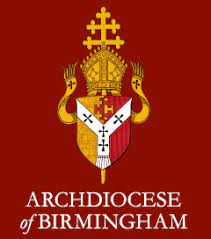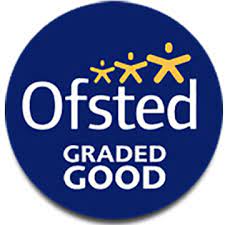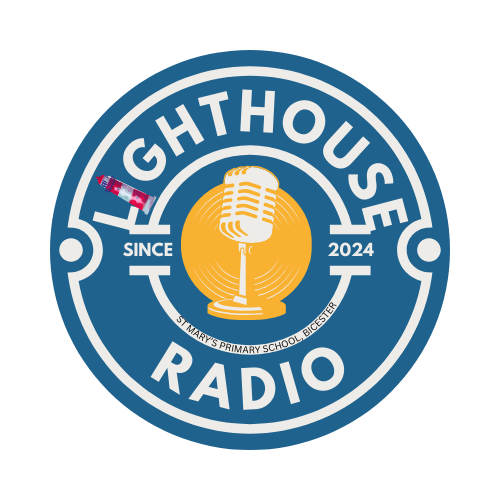Writing

Intent
Our aim at St Mary’s Primary School is to foster an enjoyment of writing and develop children’s skills and confidence to become effective communicators. We aim for every child who leaves the school to be an excellent writer for a range of audiences and purposes across different text types. This ability ensures that children leave St Mary’s fully prepared for their secondary education and ready to achieve their full potential in adult life. We want our children to be able to write with grammatical accuracy and be able to apply spelling patterns correctly using a neat handwriting style. We believe that the teaching of writing is of upmost importance within a broad and balanced curriculum and children will be taught to apply their writing skills across all curriculum subjects. Our English writing curriculum fulfils the statutory requirements for the teaching and learning of English, which are laid out in the National Curriculum in England: English Programmes of Study – Key Stages 1 and 2 and in the Statutory Framework for the Early Years Foundation Stage.
It is our intent that every child who leaves St. Mary’s has the skills of an excellent writer who:
- Enjoys writing and recognises its value;
- Writes effectively for a range of purposes and audiences;
- Has a knowledge of a wide range of sophisticated vocabulary and can select language that shows good awareness of the reader;
- In narratives, uses a range of writing techniques to describe settings, characters and atmosphere;
- Selects vocabulary and grammatical structures that reflect and enhance the writing genre;
- Uses a range of devices to build cohesion within and across paragraphs;
- Writes in Standard English with accurate grammar;
- Has an understanding of grammar and knowledge of linguistic conventions for writing;
- Is able to use a variety of sentence structures to enhance the overall effect of their writing;
- Displays excellent transcription skills to ensure their writing is well presented, punctuated and spelled correctly;
- Can plan, revise, edit and evaluate their writing;
Implementation
At St Mary’s Primary School, we use the National Curriculum and EYFS Framework to inform the planning and delivery of the writing curriculum. Writing is taught explicitly in literacy lessons and skills learnt are regularly reinforced within lessons across the curriculum. We use a variety of teaching and learning styles in our literacy lessons in order to meet the needs of all our pupils. A combination of books, films, poetry and relevant real life events are used to make learning fun, meaningful and memorable. In all classes, children have a wide range of abilities, and we seek to provide suitable learning opportunities for all children by matching the challenge of the task to the ability of the child. Staff have high expectations that all children can achieve their full potential.
Our teaching of SPaG is consistent and follows a progressive framework. Grammar and punctuation objectives are taught in literacy lessons either as the focus of the lesson or as part of the writing process. Where possible, SPaG teaching will link to the genre being taught to provide children with the opportunity to apply their learning.
We develop the children’s ability to write with ease, speed and legibility using the Nelson Handwriting Scheme. This scheme is used throughout the school and provides a consistent whole-school approach to handwriting. It introduces cursive handwriting in step-by-step stages in line with the National Curriculum. We provide opportunities for children to develop, practise and perfect skills and provide targeted support to any child experiencing difficulty.
In St Mary’s we recognise the importance of spoken language in the development of writing. Therefore, we provide ample talk opportunities in each lesson through the use of class discussion, talk partners, small group work and drama activities. This provides children with time to orally explore a text type before they start to write.
Impact
By the end of KS2, we aim for our children to be effective written communicators who enjoy writing and understand its value in everyday life.
We measure the impact of our curriculum through the following methods:
- Termly “Big Write” sessions that provide children with a unique writing stimulus. Children’s work is assessed against success criteria with an agreed whole school focus.
- Regular assessment of children’s work against writing objectives.
- Termly data analysis by SLT.
- Lesson observations and feedback.
- Book scans on a regular basis.
- Learning walks and pupil voice conversations.
- Annual reporting of standards across the curriculum.





